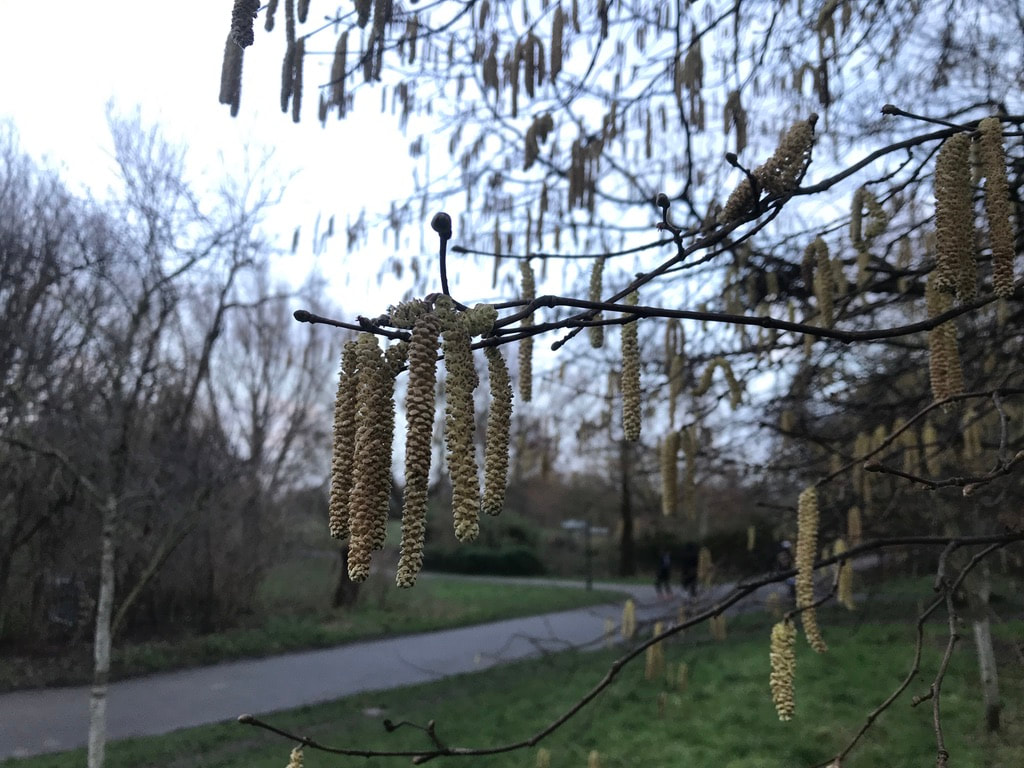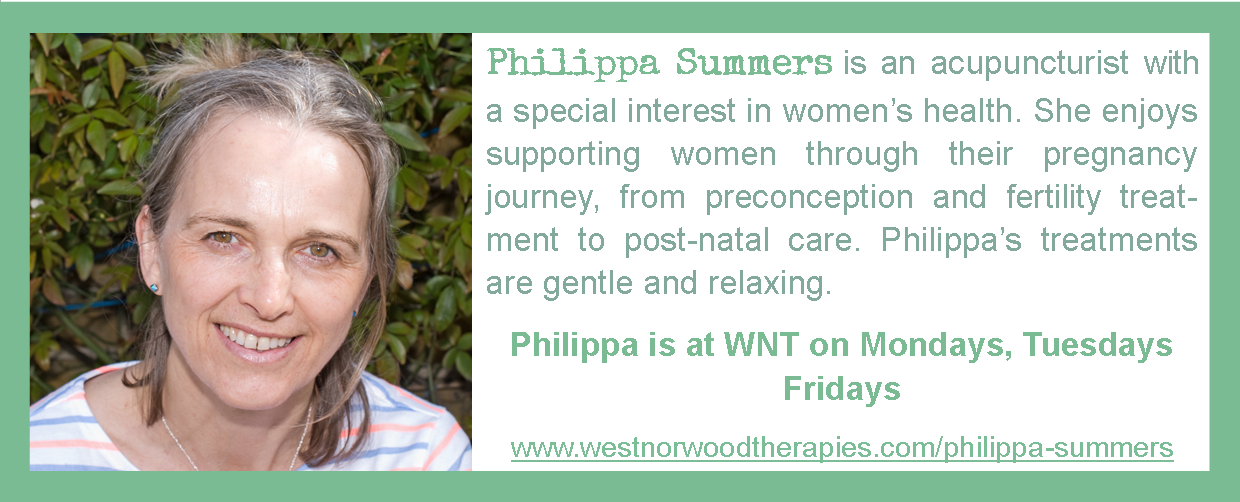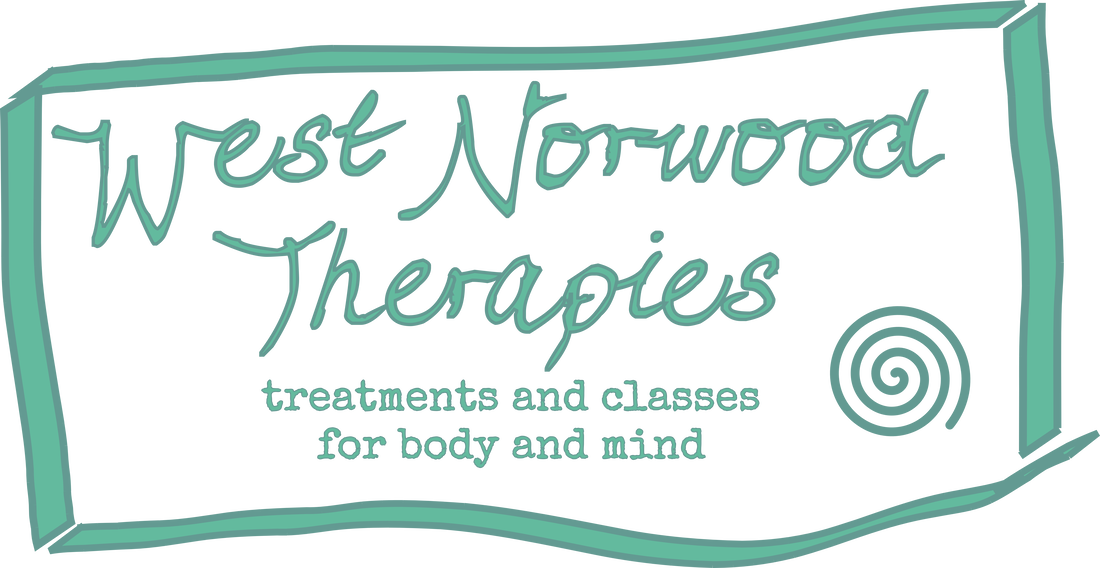|
Acupuncturist Philippa Summers shares some tips on getting ready for hayfever season with spring around the corner in her helpful blog with links to articles and suggestions for natural courses of action to help support yourself It may be a while yet but the early signs heralding the end of winter are beginning to show themselves. Spring bulbs are pushing through the soil and catkins are dangling from the trees. For most of us these are uplifting very early signs of spring, this year more eagerly awaited and welcomed than ever. But for hayfever sufferers the joy is tempered. Hayfever can take the pleasure out of a day in the sun, limiting activities and for some severely impacting on quality of life causing considerable misery. Symptoms can begin as early as March and treatment is often more effective when started before, hence this early post, ahead of the season. Seasonal and Perennial According to the Met Office, who publish a pollen forecast along with other useful information on hayfever, tree pollen allergies generally start from late March running to mid-May, grass has from May until July and weed pollens run from the end of June to September. The UkAllergy website is also a useful source and lists trees and plants by species. People with allergies to one or more of these pollen types have hayfever or seasonal allergic rhinitis. Those with allergies to other sources such as house dust mites, mould or animal dander which often persist throughout the year have perennial allergic rhinitis. The symptoms are similar for both types of allergic rhinitis.
Symptoms
Many people rely on antihistamines along with nasal steroid sprays and eye drops to relieve the symptoms of hayfever and for more severe symptoms immunotherapy may be an option. However, not everyone is comfortable taking medication and all have side effects. Antihistamines, the most widely used treatment, can leave you feeling drowsy, sometimes with dizziness and headaches, and they dry the mucous membranes thickening the mucus and often causing greater congestion. Acupuncture can help to reduce the impact of allergic rhinitis (seasonal and perennial) without the side effects. It is especially good at relieving nasal and sinus symptoms, most effectively as a treatment before symptoms begin but is also effective in reducing symptoms once they have started. A review of 13 research studies which included 2365 people with allergic rhinitis found acupuncture to be a safe and efficacious treatment improving their quality of life. What else can you do to help? Reducing exposure The most effective way to help is to reduce exposure to the pollen or other allergen. For Seasonal Pollen Allergies:
Best wishes, Philippa 07941 674792 [email protected]
2 Comments
7/6/2021 08:19:34 pm
Hi. Thank you for sharing this very informative and useful article. Btw. I wanna share my experience about Genuine Haarlem Oil for Human since when I was started to using it for my health problems. Their products are very helpful both human and animals good for immune system booster.
Reply
9/22/2022 11:34:34 pm
I enjoyed reading the article above, it explains everything in detail, the article is very interesting and effective. Thank you and good luck with the upcoming articles.
Reply
Leave a Reply. |
AuthorBlogs from the WNT team. For our blogs from before June 2020 please see individual profile pages - it's a good way to get to know practitioners too. Archives
June 2024
Categories
All
|
|
Visit us - by appointment only please - in the office block in the Access Self Storage premises at 443 Norwood Road, London, SE27 9DQ
[email protected] Phone - please contact practitioners directly, or if not in a rush you can leave a message for us to call you back at 07931876931. |


 RSS Feed
RSS Feed
